KN Energies has participated in 12 LNG terminal projects across six countries, including Lithuania, Germany, Brazil, Italy, Croatia, and Colombia.
Building an Affordable Pathway to Net Zero: LNG’s Role in Vietnam’s Energy Future
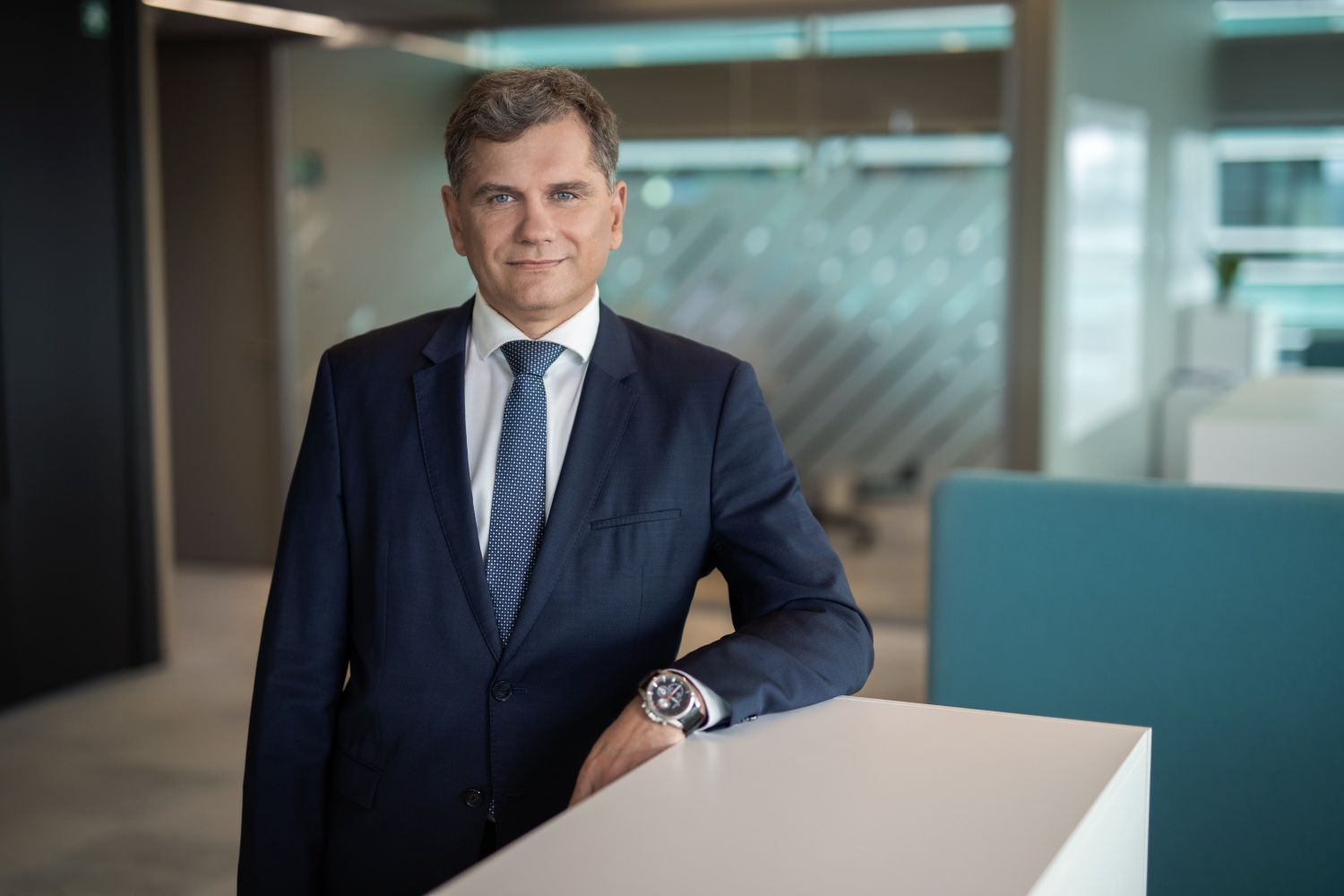 |
| Dr. Linas Kilda, Chief Business Development Officer of KN Energies, Lithuania’s leading energy infrastructure group |
Q: Vietnam’s Power Development Plan 8 sets ambitious goals for sustainability and growth. How do you see the country’s energy landscape evolving under this plan, and where does LNG fit in?
Linas Kilda: Vietnam’s PDP8 marks a pivotal turning point. The government aims to balance affordability, reliability, and decarbonization while sustaining rapid growth. With electricity demand rising roughly 8–10% annually - among the fastest in Asia—the challenge is to add capacity while cutting emissions. Historically reliant on coal, Vietnam will shift to a cleaner, more balanced mix by scaling renewables and using LNG as a transitional, stabilizing fuel. LNG’s flexibility backs up solar and wind when output fluctuates. From our experience at KN Energies, LNG is a bridge fuel - enabling immediate emission reductions while renewables scale - giving Vietnam breathing space to decarbonize without compromising energy security or competitiveness.
Q: Why is Vietnam’s move toward LNG so important—not just domestically but for the wider region?
Linas Kilda: Domestically, LNG strengthens energy security by diversifying supply, reducing reliance on coal and imports, and providing cleaner, stable baseload power—cutting CO₂ and particulates by up to 50% versus coal. Regionally, Vietnam can become a Southeast Asian LNG hub; its location, industrial base, and rising demand can attract investment and build supply chains for trading, regasification, and downstream distribution. As new terminals come online across Asia, Vietnam’s progress can spur cooperation in flexible sourcing, small-scale LNG, and future hydrogen integration. Europe offers a parallel: Lithuania moved from single-supplier dependence to full diversification within a decade, anchored by LNG infrastructure that delivered much lower gas prices. Vietnam has comparable momentum today.
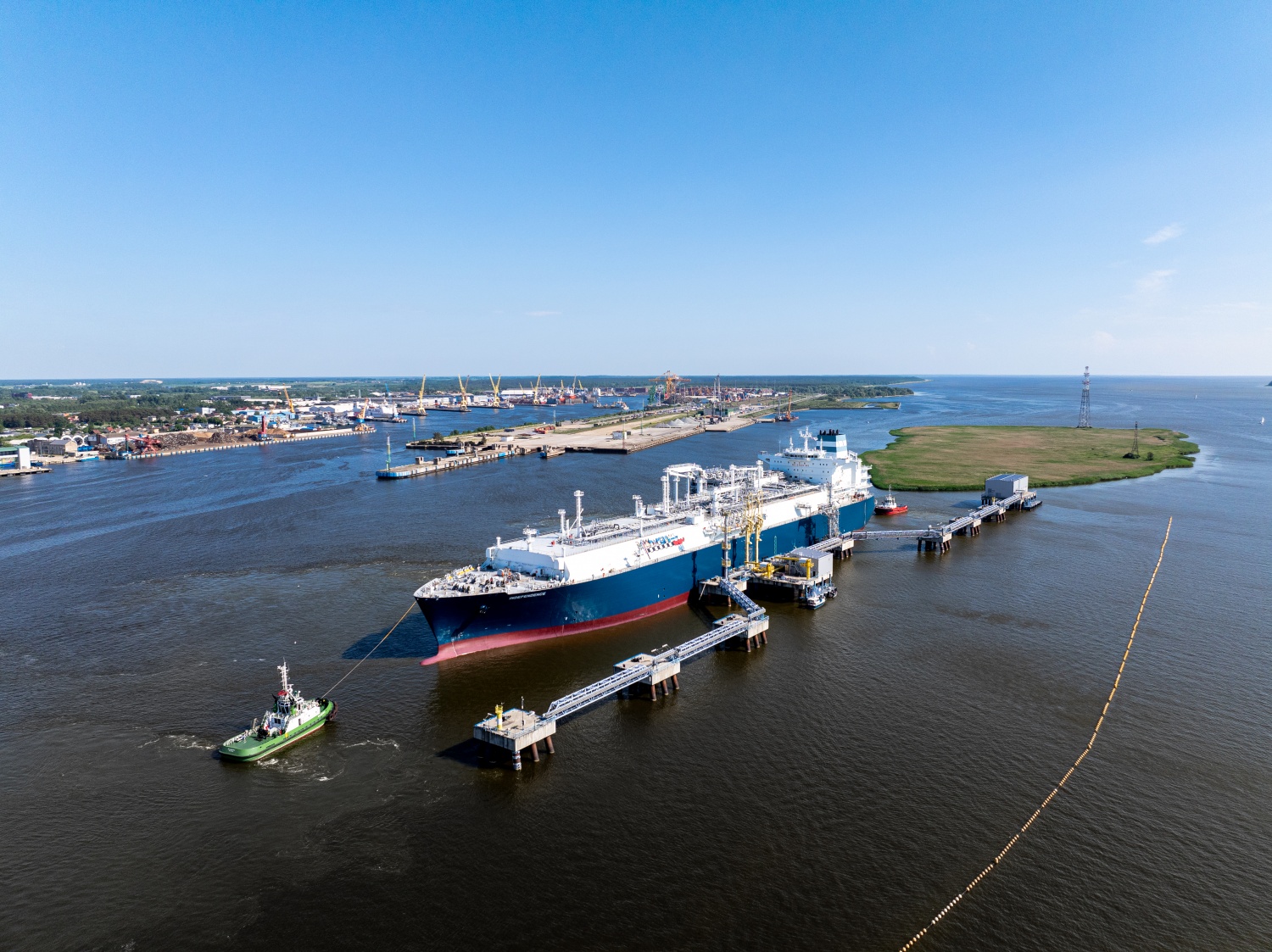 |
| |
Q: Lithuania’s experience with LNG, especially through the Floating Storage and Regasification Unit Independence, is often cited as a role model. What lessons could Vietnam draw from that case?
Linas Kilda: Lithuania shows energy independence and affordability can align. Before the FSRU Independence in Klaipėda, the country paid 15–20% above EU averages. The terminal diversified sources, drove competition, and lowered prices. The FSRU model is efficient, faster, and less capital-intensive than onshore terminals while staying flexible to redeploy or expand. For Vietnam, this enables quicker, lower-cost LNG deployment and adaptability as renewables grow - crucial to secure supply before 2030.
Q: KN Energies has a long operational history in LNG. Could you briefly introduce your company and its global experience?
Linas Kilda: KN Energies is a Lithuanian energy infrastructure company with over 60 years of oil and gas terminal experience. We are state-controlled, listed on Nasdaq Vilnius, and a trusted operator of LNG terminals worldwide. We have contributed to 12 LNG terminal projects in six countries, including Lithuania, Germany, Brazil, Italy, Croatia, and Colombia. We own and operate the FSRU Independence and provide technical, commercial, and O&M services internationally. In parallel, KN is expanding into renewable integration, carbon capture and storage (CCS), and hydrogen derivatives, aligning with the transition to cleaner fuels.
Q: KN Energies is very active globally in floating LNG projects. What other examples are relevant for Vietnam?
Linas Kilda: Brazil is instructive. KN operates the Açu LNG import facility for the country’s largest LNG-to-power project (two plants, 3 GW). With industry and population concentrated along the coast - similar to Vietnam - and heavy reliance on renewables, LNG ensures reliable green supply during low renewable availability and demand peaks. Brazil also leads in LNG imports; notably, all nine terminals are FSRU-based.
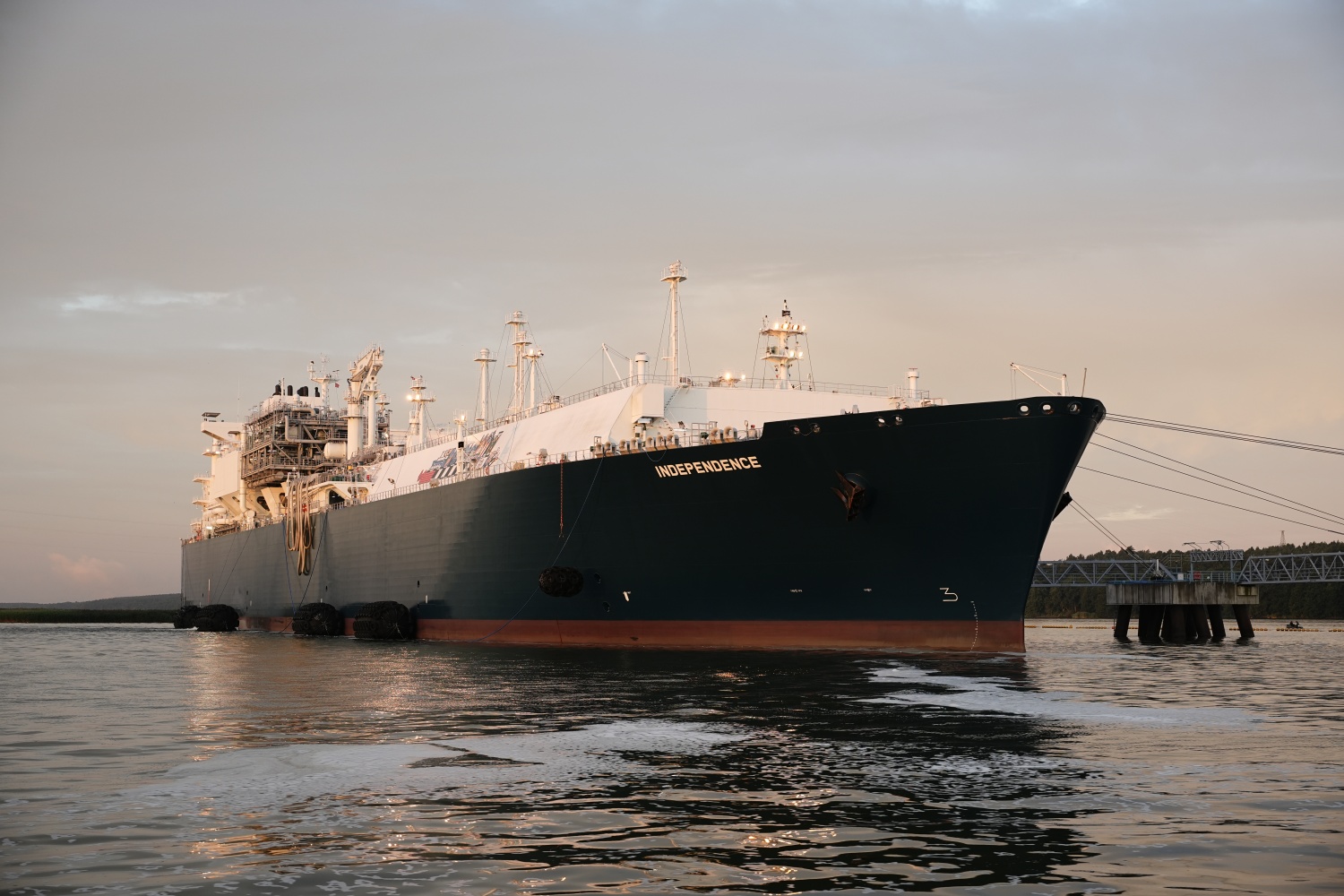 |
| The Klaipėda LNG Terminal, owned by KN Energies. |
Q: Vietnam plans to build 13 LNG-to-power plants by 2030. How realistic is this target, and what challenges do you foresee?
Linas Kilda: The ambition is achievable but time-sensitive. Global supply chains for turbines and cryogenic systems are tight; without timely procurement of long-lead items, costs and delays rise. Still, recent fast-track successes show what’s possible: Germany built four floating LNG import facilities in under three years through strong government support and international expertise, including KN Energies. An FSRU-first strategy could bring LNG to market years earlier, supporting near-term security while onshore solutions develop.
Q: What could accelerate energy generation to meet growing demand for reliable power?
Linas Kilda: Investment, expertise, and LNG availability. Vietnam’s fundamentals are strong, with many investors interested, but regulatory clarity and bankability are decisive. A coordinated legal framework for PPAs, terminal ownership, and gas supply is essential; without transparent, bankable contracts, even mature projects struggle to secure financing. Expertise also depends on competing global projects, so timely decisions are key to retain interest. Securing long-term LNG contracts now - while prices are relatively stable- can shield Vietnam from volatility like Europe saw in 2022–2023.
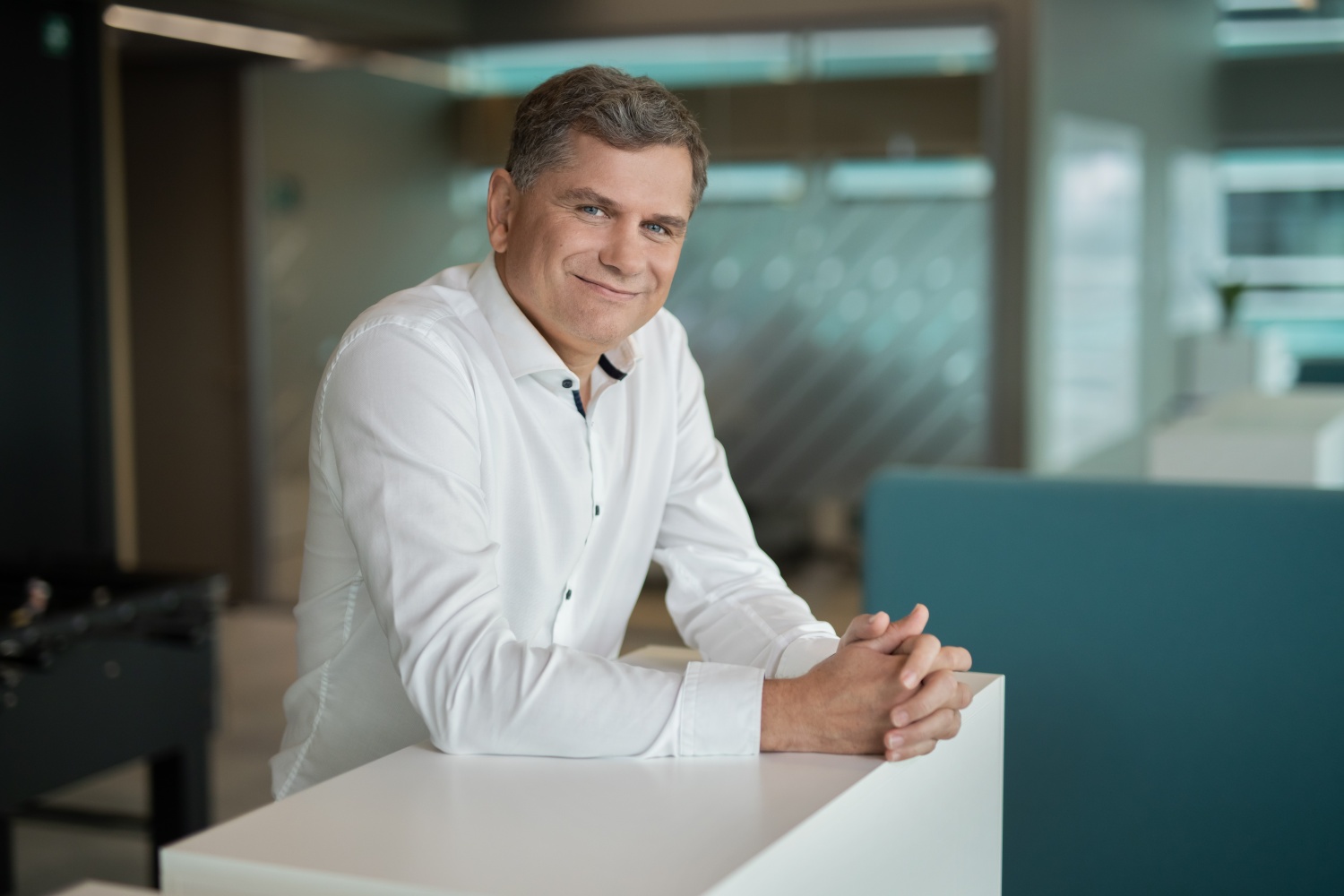 |
| Dr. Linas Kilda, Chief Business Development Officer of KN Energies, Lithuania’s leading energy infrastructure group. |
Q: KN Energies attended the Vietnam Oil and Gas Expo. What were your objectives and takeaways?
Linas Kilda: It was a key opportunity to connect with Vietnam’s energy community and strengthen partnerships with companies, developers, and policymakers. We showcased KN’s global LNG expertise, especially flexible FSRU solutions that enhance energy security and support net-zero goals. Compared with last year’s EuroCham Green Economy Forum, this event showed real momentum: strong technical dialogue, openness to collaboration, and clear government commitment to LNG and renewables. Overall, the sector is moving decisively forward.
Q: Affordability remains a concern. How can the LNG–renewables transition stay cost-effective for consumers?
Linas Kilda: Affordability is central. Three levers matter most. First, long-term LNG contracts stabilize prices and avoid shocks; in 2022, European buyers with such deals paid about 20% less than spot-reliant markets. Vietnam can secure similar resilience by locking in diversified, multi-year contracts across the Americas, Middle East, Asia, and Australia. Second, shared infrastructure—one import terminal serving multiple gas plant - lowers cost per MWh; at KN-operated sites, two to seven users share a single storage facility, which adds complexity but cuts unit costs. Third, efficient terminal design: FSRU-based solutions can reduce capex by up to 30% versus onshore, be delivered in 24–36 months, and scale modularly. Globally, roughly three-quarters of newly commissioned import projects now use FSRUs, which can be relocated or expanded as demand shifts. We’ve seen this flexibility in Argentina, Brazil, and Germany, where FSRUs were placed near high-consumption areas during peaks and moved as conditions changed.
Q: What investment opportunities does Vietnam’s LNG strategy create for international players?
Linas Kilda: Opportunities span terminal development, engineering services, finance, logistics, and downstream uses such as bunkering and small-scale distribution. Foreign investors can enter via joint ventures, PPPs, or direct equity in import terminals and power plants, with additional scope in supply-chain management, storage, and technology transfer - areas where experienced operators like KN bring proven models. Beyond power, LNG enables industrial and transport applications; in China, LNG-fueled heavy trucks have nearly tripled since 2019, cutting diesel use and emissions. Vietnam can pursue similar gains in logistics and manufacturing. In short, LNG supports modernization while aligning with decarbonization, and early movers will find a fast-maturing market with durable upside.
Q: Does KN Energies plan to invest or partner in Vietnam directly?
Linas Kilda: Yes. Following a June 2025 Memorandum of Understanding between the Lithuanian Ministry of Energy - our main shareholder- and Vietnam’s Ministry of Industry and Trade, we are pursuing partnerships with Vietnamese companies. KN Energies is assessing roles in upcoming LNG terminals as an investor, technical operator, or strategic advisor, bringing proven expertise to help accelerate PDP8. Vietnam is a priority growth market: the scale of LNG-to-power projects, government commitment, and investor interest create a strong window of opportunity. By deploying our operational know-how and cost-efficient models, we aim to support a transition that is both sustainable and affordable.
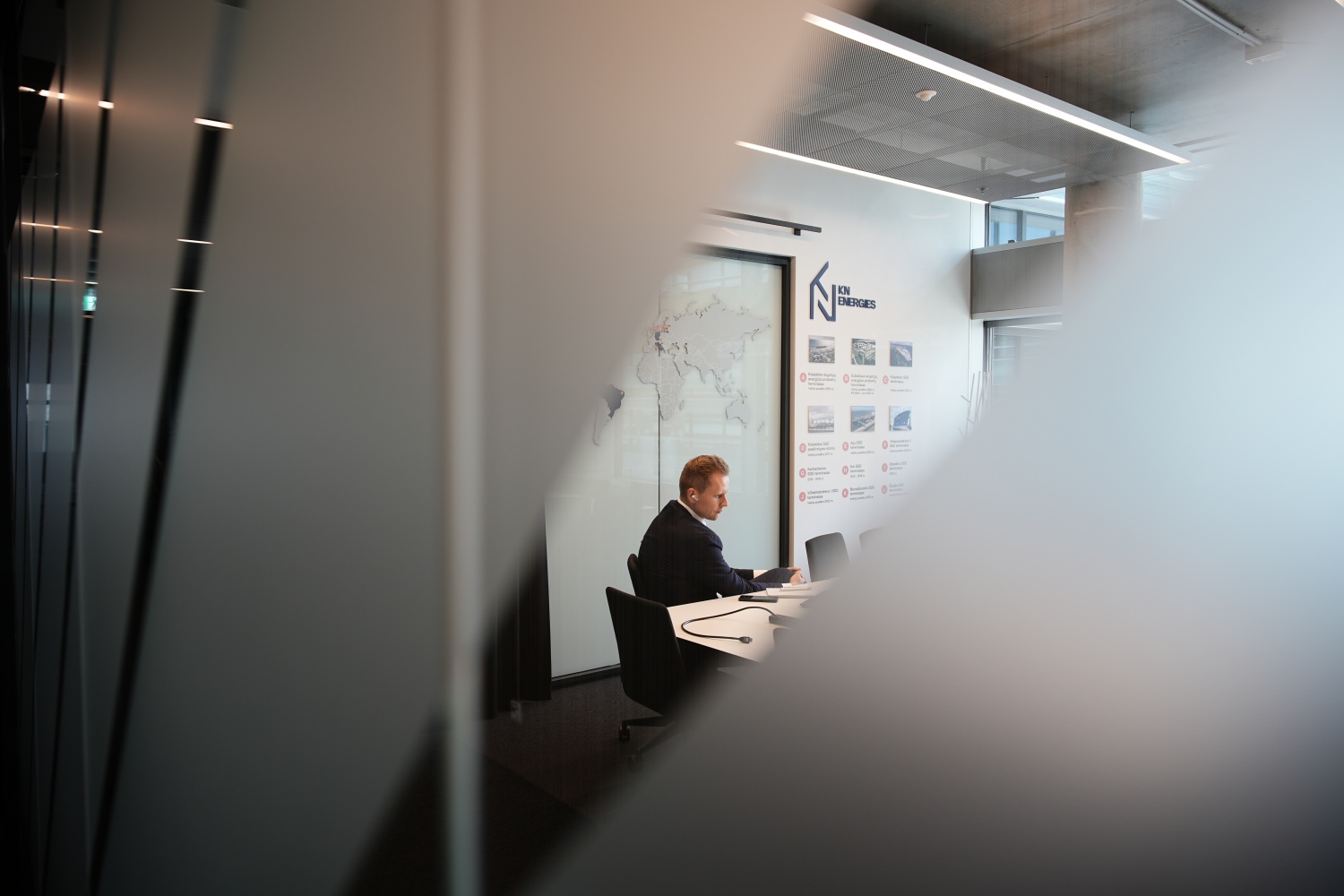 |
| KN Energies has more than six decades of experience and is operating in multiple countries across Europe and the Americas. |
Q: How do you envision Vietnam’s pathway to net zero by 2050, and how long will LNG remain part of that journey?
Linas Kilda: LNG will remain essential for at least the next two decades. Through the 2030s, it will stabilize the grid while renewables scale. The infrastructure built today can adapt to low-carbon gases such as biomethane and hydrogen blends. By 2050, renewables could dominate, supported by flexible gas capacity and smart storage. The key is designing LNG terminals for future adaptability - hydrogen readiness, carbon-capture integration, and scalable operations. We are advancing along this path in Northern Europe. Net zero requires smart transitions, not abrupt breaks; LNG is the enabling step for a sustainable, secure, and affordable energy future.
Q: Any final message for Vietnam’s policymakers and energy community?
Linas Kilda: Prioritize growth with reliable, affordable energy. Vietnam has all the ingredients for success: strong momentum, an ambitious policy framework, and commitment to sustainability. The global LNG market is moving quickly—contracts, vessels, and turbines are booked years ahead—so decisive action now will secure Vietnam’s place among Asia’s most competitive, resilient energy economies. We are ready to partner to build an affordable pathway to net zero, powered by LNG and strengthened by innovation.
Thank you very much for your time!
| About KN Energies KN Energies AB is a leading international operator of liquefied natural gas terminals and energy infrastructure. With over six decades of experience and operations in six countries, KN provides LNG terminal development, operations and maintenance, and advisory services worldwide. |
by Minh Khang


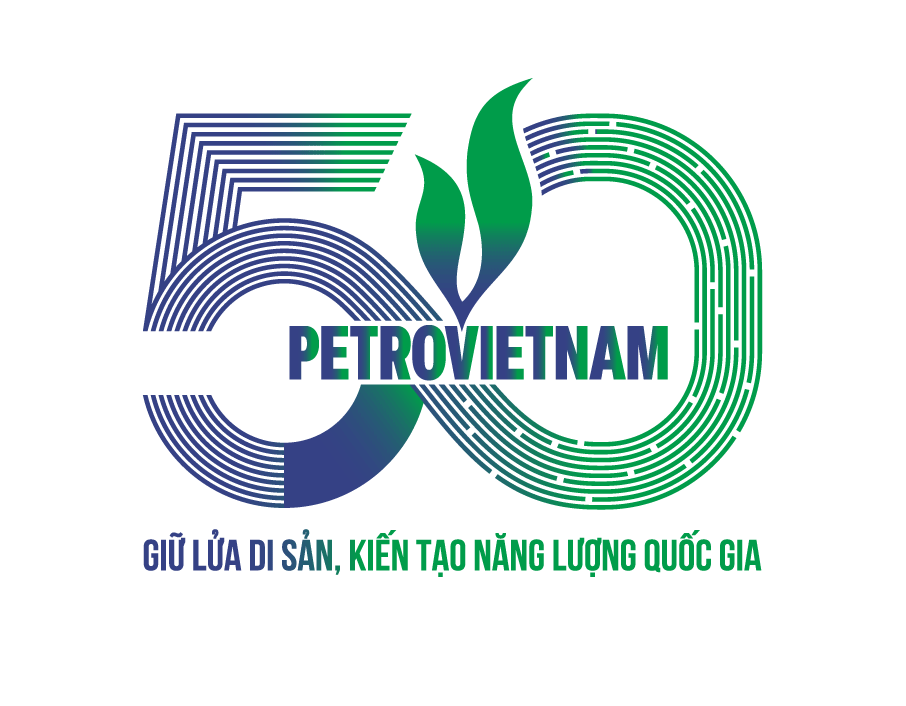









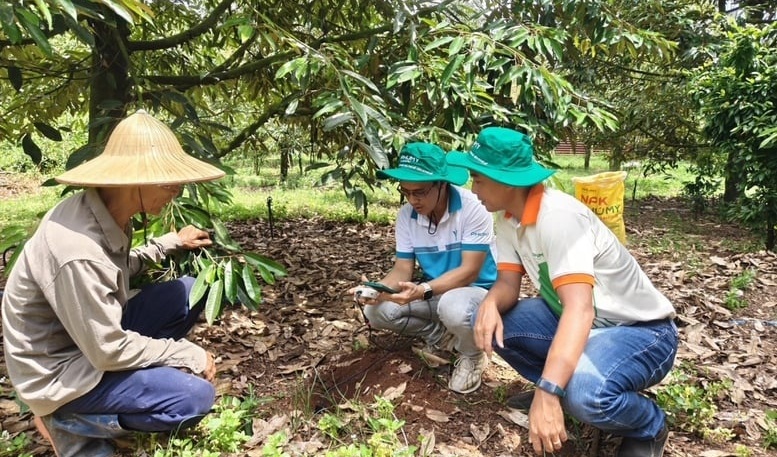
![[VIDEO] Công đoàn PVTrans: Đổi mới, sáng tạo vì người lao động và phát triển bền vững](https://cdn.petrotimes.vn/stores/news_dataimages/2025/112025/13/14/thumbnail/bch20251113142831.jpg?rt=20251115201831?251115084544)


![[VIDEO] “Triệu bước chân - Ươm mầm bền vững”: Petrovietnam trồng 4.000 cây phục hồi rừng ngập mặn tại Cà Mau](https://cdn.petrotimes.vn/stores/news_dataimages/2025/112025/15/16/croped/thumbnail/sonp002620251115164804.jpg?251116014010)

![[VIDEO] Xây dựng tổ chức Công đoàn vững mạnh, đồng hành cùng PVI phát triển bền vững](https://cdn.petrotimes.vn/stores/news_dataimages/2025/112025/16/12/croped/thumbnail/dsc0643620251116122726.jpg?251116013551)






















